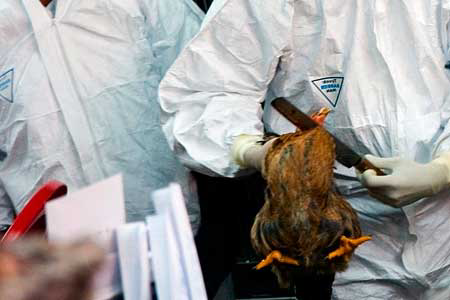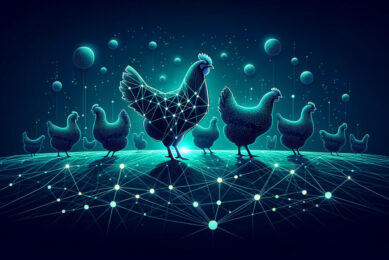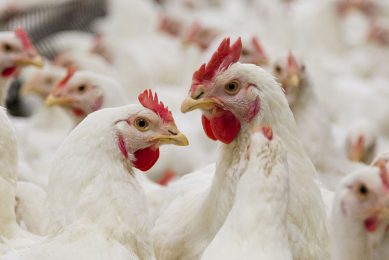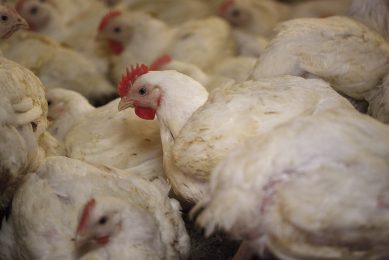Mexico struggles with AI

The recent outbreak of HPAI in Mexico confirmed the realization of the poultry industry that big changes have to be made.
Doctor Miguel Angel Marquez, International Poultry Health Consultant and Professor at the National Autonomous University of Mexico, sketched an outline of the future for poultry production in Mexico. “We have to de-concentrate our production, limit the transportation of live broilers to markets and need to organize compensation for farmers to ensure detection of AI is done as fast as possible.’’
In his presentation at the spring meeting of the International Poultry Council prior to the VIV in Bangkok Doctor Marquez drew a grave picture of the situation now occurring in Mexico. An outbreak of the exotic high pathogenic Avian Influenza H7N3 in June 2012 in Jalisco took Mexican poultry producers by surprise. In an area which is home to some 70 million chickens, birds were falling ill and dying by the thousands. First diagnose pointed in the direction of fowl cholera, but soon it became evident that AI was the perpetrator.
Vaccinate or not
According to international rules set out by the OIE, Mexican authorities mobilized all resources necessary to stamp out the disease by culling infected flocks. However, soon thereafter the question of vaccination arose. Severe economic and poultry welfare issues made the choice easy. Eventually Mexico allowed temporary vaccination to get the situation under control. However, the outbreak left a damage of US$760 million and cost 7,688 people their jobs and income. Marquez:”I am still touched by the truckloads of deceased layers and the almost frightening silence in the farm buildings with dead and sick flocks.’’
After the admittance of 80 million doses of vaccine, the president of Mexico declared the situation under control on the 24th of October 2012. Unfortunately that wasn’t the case. In the first days of 2013 the disease flared up again in another district and is still raging there today. Marquez: “It is a big tragedy for our poultry sector, a deep, painful and traumatic experience, which leaves us with huge lessons to learn. We must rethink our future, de-concentrate and minimize risks of live birds transportations. We have to treat an AI outbreak as a natural catastrophy, such as an earthquake, flooding or tsunami in order to get immediate emergency resources from the government. Also we must have law, a policy and a compensation fund for the livestock producers. Otherwise the producer will not report on time any positive serology or high mortality. When there is no incentive, we will be always too late and consequences will be enormous.’’












